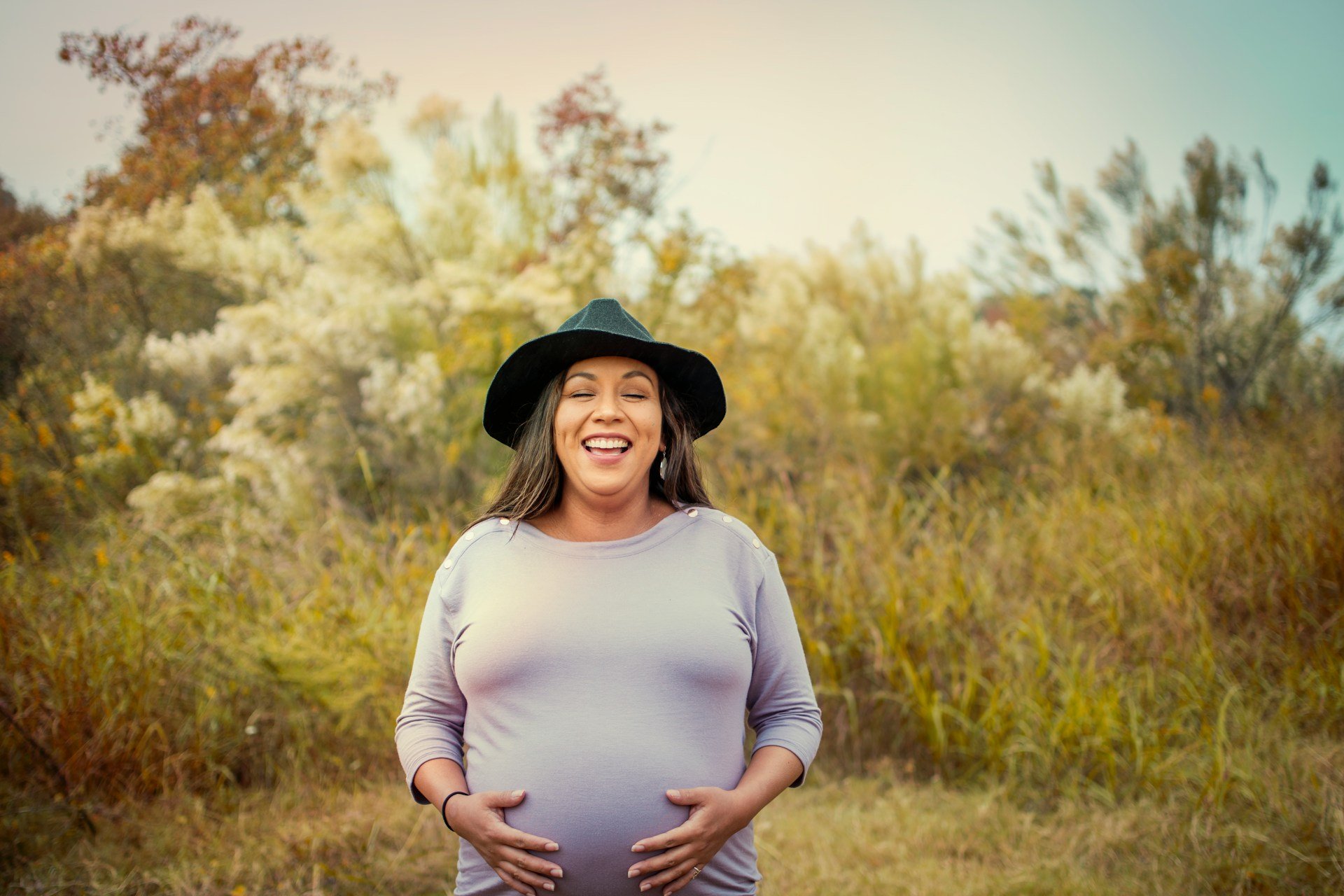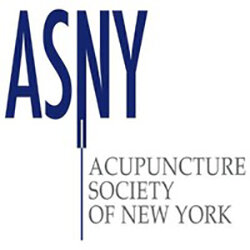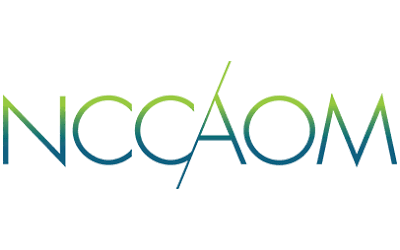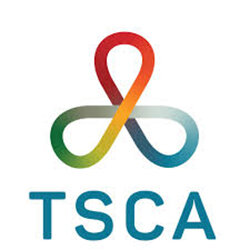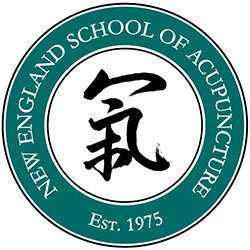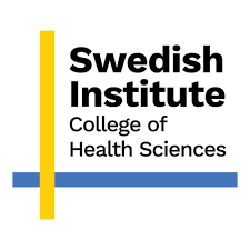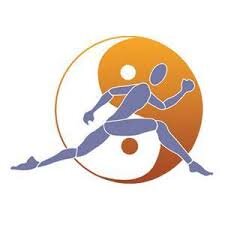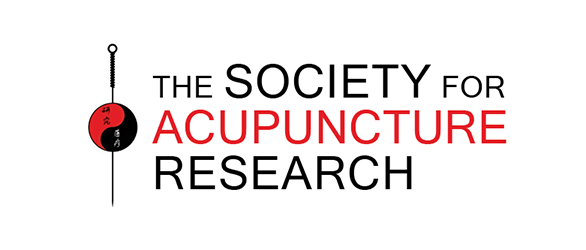When To Do Acupuncture For IUI
/Intrauterine insemination, or IUI, is the fertility treatment of choice for many couples. IUI is less invasive than IVF treatments because there are fewer hormones if any involved. It is less expensive, which adds to its appeal. If you and your partner are contemplating IUI treatments, or if you already have your IUI procedure scheduled, you’re probably eager to do everything you can to enhance your chances of getting pregnant. Acupuncture can help, but how can you know when to do acupuncture for IUI to maximize your chances of success?
Ideally, you should begin acupuncture 1 to 3 months before IUI. An acupuncture session 24 to 36 hours prior to and after your IUI transfer can also boost your chances of getting pregnant.
Why use acupuncture during IUI?
Acupuncture has been used for centuries to help women regulate their menstrual cycles, begin ovulating, and improve their fertility naturally. If you’ve tried getting pregnant on your own without success, and are now considering IUI treatments, acupuncture can be of great assistance for you as you embark on your journey to pregnancy.
Research shows acupuncture can help prepare the body for IUI. Acupuncture increases blood flow to the uterus, toning it and reducing uterine contractions, which can prevent a successful procedure. The enhanced circulation to the uterus results in a thicker and more receptive endometrium, which is also essential for a successful IUI procedure.
Hormonal balance is equally important, whether you’re trying to get pregnant naturally or with the help of IUI. Healthy hormone levels are critical for sustaining a pregnancy. Studies show acupuncture exerts an effect on the hypothalamic-pituitary-ovarian axis, regulating stress levels. If you’re trying to conceive, you know how stressful it can be. Keeping stress levels in check is of the utmost importance to optimize sex hormone production.
Overall, acupuncture works on multiple levels to prepare the body for pregnancy. IUI treatments are a worthy investment, and acupuncture can act as a safeguard, improving your chances of getting pregnant. Acupuncture is also safe enough to be used during pregnancy.
Acupuncture promotes IUI success
During IVF treatments, an embryo is created outside of the woman’s body and then transferred into the uterus. The IUI process is different because everything happens inside the woman's body. During IUI, semen is guided inside the uterus during the fertility window, and it’s up to the woman’s body to produce the embryo. IUI is sometimes called a “natural IUI” because it uses the rhythm and timing of the menstrual cycle.
IUI has the potential to be incredibly successful because it places the sperm right where it needs to be at the right time to maximize a woman’s chances of getting pregnant. But because IUI leaves conception up to the woman’s body, that means making sure the body is ready for pregnancy is crucial. This is where acupuncture supports this process.
Studies show acupuncture supports healthy ovulation, improving blood flow to the ovaries, and even increasing ovarian reserve. Furthermore, acupuncture has been shown to improve the quality of a woman’s eggs, and all of these things together can dramatically improve your chances of getting pregnant after IUI.
Regular ovulatory cycles are a good sign that your body is producing sex hormones in the right amounts. Acupuncture supports the body’s ability to produce estrogen, progesterone, follicle-stimulating hormone (FSH), and luteinizing hormone (LH). Keeping this “orchestra” of hormones in harmony will set your body up for successful implantation after your IUI procedure.
Start your treatments several months in advance
Acupuncture is safe and gentle, yet incredibly effective, and that’s thanks in large part to its adaptogenic nature. Unlike certain fertility medications, which intrude and override bodily systems to respond a certain way, acupuncture works with your body, supporting your body’s ability to improve your fertility on its own. But, because acupuncture is so gentle and works with your timing, it works best over time not as a “quick” fix. One treatment is great, but regular treatments over a period of time will provide you with longer-lasting benefits.
We recommend our IUI patients begin acupuncture sessions at least 1 to 3 months in advance of their IUI transfer.
It can never be too early to start receiving acupuncture for your health and fertily, but there can be too little that is done. Beginning acupuncture sessions up to a year before IUI to get your body ready for the treatments is an ideal opportunity to address health issues that you may not have been aware of. If you have underlying hormonal imbalances or are dealing with a condition like PCOS, these need to be addressed at least a year before in order to support your fertility.
If you already receive regular acupuncture treatments and are now considering IUI, be sure to discuss this with your acupuncturist so they can adjust your treatment plan accordingly. And, if you’re currently in the middle of your IUI treatments, that’s okay! It’s never too late to start reaping the benefits of acupuncture. Routine sessions will help you throughout the IUI process by keeping you relaxed and preparing your body for conception.
Schedule sessions before and after your procedure
Regular acupuncture sessions are ideal for preparing the body for pregnancy. Part of receiving acupuncture for supporting IUI is a well-timed appointment before and after your IUI procedure. This can boost the odds of pregnancy by helping to relieve stress and supporting blood flow to minimize cramping. It’s important to work closely with your acupuncturist during this time to schedule your sessions around your IUI date.
Women undergoing IUI should schedule an acupuncture appointment 24 to 36 hours before their IUI. Another appointment 24 to 36 hours after the procedure is also recommended along with follow-up sessions for several weeks to support implantation.
Why timing is important; a session before and after your IUI procedure redirects blood to the uterus. This nourishes the endometrium and supports conception. If and when conception does take place, acupuncture also supports implantation and sets you up for a successful and healthy pregnancy.
Acupuncture can even help you during your pregnancy by easing the symptoms associated with pregnancy. Many women choose to continue acupuncture treatments throughout pregnancy to ensure their babies stay in the proper position and to help them prepare for labor.
Contact us today to learn more
When it comes to supporting your fertility in the months leading to your IUI, we like to take a big-picture approach. At Integrative Healing Arts, we’ll sit down with you to discuss your fertility goals and come up with a protocol that meets your body’s needs.
In addition to acupuncture, we may recommend other treatments, like massage therapy or herbal medicine, to help you achieve total body balance.
Contact our office today to find out how acupuncture can help you as you begin your IUI treatments. We’ll help you book your first appointment so you can get started!










